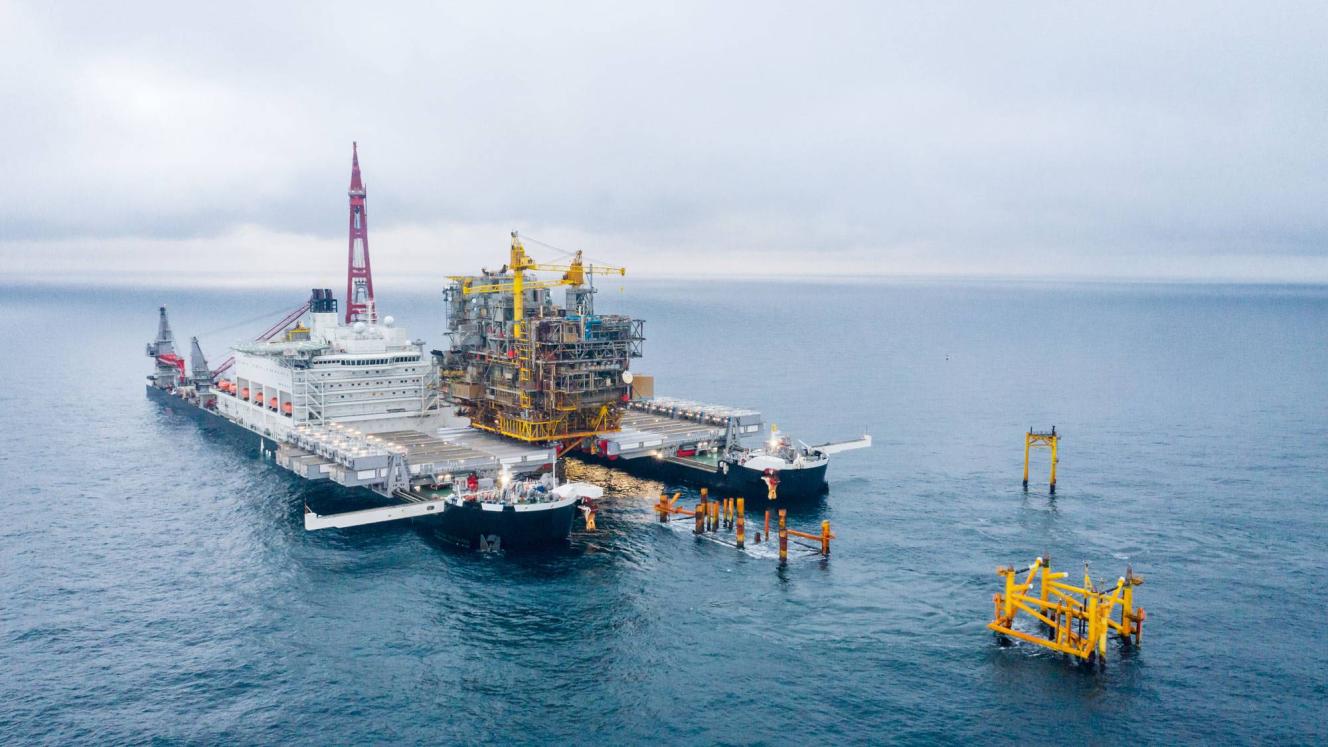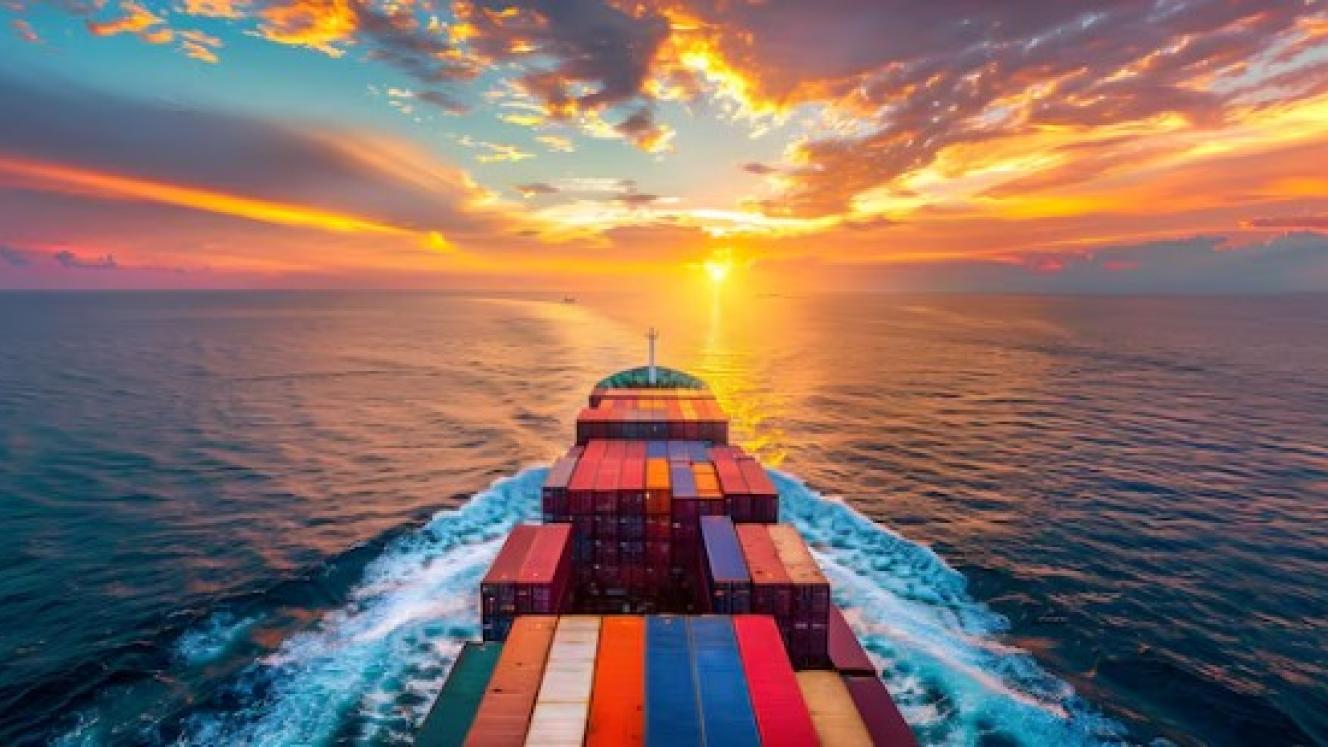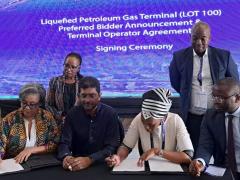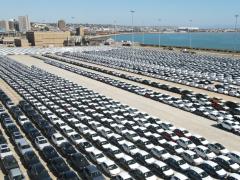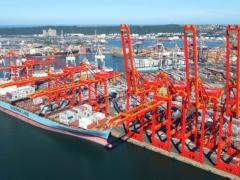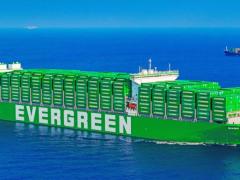Denmark has chosen projects to receive the country’s first full-scale CO2 storage permits for projects in the North Sea. Maritime Executive reports that the recommendation from the Ministry of Climate, Energy and Utilities to grant storage permits to Total Energies, INEOS E&P and Wintershall DEA marks the conclusion of the first of an annual tender for licences for the exploration of full-scale CO2 storage on the Danish continental shelf.
The licences pave the way for Denmark to realise the growing demand for CO2 storage capacity in northern Europe, as the country looks to develop its renewable energy industry to meet its emission reduction goals.
The Danish Energy Agency (DEA) announced that it had received two applications in the first round of licences for CO2 storage in the Danish North Sea and both had met the technical and financial capacity requirements. The final awarding of two licences to TotalEnergies and one to the partnership between INEOS and Wintershall DEA will take place after a report is presented to the Danish Parliament’s Climate, Energy and Utilities Committee.
“Granting the first exclusive permits for full-scale CO2 storage in the North Sea is an important step into the future. CO2 capture and storage is an important element in the green transition. Today’s licences are the result of effective implementation of the first Danish political agreements on CCS," DEA director, Kristoffer Böttzauw, said.
The Danish national oil and gas company, Nordsøfonden, will hold a 20% stake in each of the new licences.
The Geological Survey of Denmark and Greenland (GEUS) has demonstrated that the Danish subsurface is particularly suitable for offshore and onshore CO2 storage, providing it with an opportunity to create a commercial hub for CO2 storage from all over Europe. GEUS estimated that the Danish subsurface could theoretically store up to 22 billion tons of CO2, the equivalent to between 500 and 1 000 years of total current Danish emissions.
The licences contain the geological structures suited to serve as permanent CO2 storage locations in the future. Danish regulations allow for permission to be granted for exploration for up to six years, during which the exploring company has exclusive rights to the area. If a suitable location for CO2 storage is found, the permit can be extended for up to 30 years for storage operations.
Full-scale storage of CO2 offshore is a known technology that has been in operation in Norway since 1996. The technology will now be tested in Denmark in connection with Project Greensand, a pilot and demonstration project by INEOS E&P funded by the Energy Technology Development and Demonstration Programme (EUDP).
INEOS and Wintershall expect to be able to start full operations by 2025.
